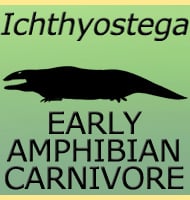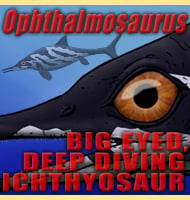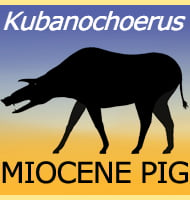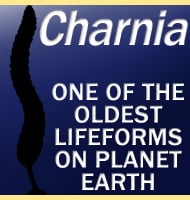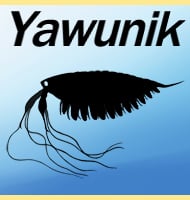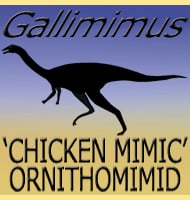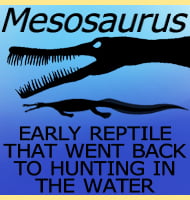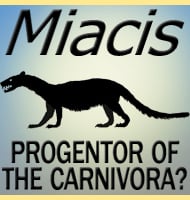In Depth
Liodon was amongst the earliest named genera of mosasaur, with a taxonomic history going all the way back to 1841 when the naturalist Richard Owen first named the genus. However, back then Richard Owen spelt the name as Leiodon, but a few years later it was realised that the name Leiodon had already been used to name a genus of fish, so another naturalist named Louis Agassiz altered the name to its present state, Liodon.
Species of Liodon ranged between eight and twelve meters long, putting Liodon in the medium to large range for average mosasaur sizes. This also indicates that Liodon also attained apex predator status and was capable of taking on all kinds of prey items from fish to marine reptiles like plesiosaurs to even other mosasaurs. However despite the largest species of Liodon approaching twelve meters in length, some large mosasaur genera that lived at the same time as Liodon such as Mosasaurus, Tylosaurus grew to lengths of about fifteen meters, potentially enough to give fully grown adults of these genera top predator status over Liodon. Out of these two genera, Liodon seems to be closer to Mosasaurus in overall form, indicating a more robust build as well as seeing the genus included within a sub group of the Mosasauridae called the Mosasaurinae.
A 2019 redecsription of the genus (LeBlanc et al) has cast doubt into the validity of species assigned to the genus, with one former speicies, L. mosasauroides, has been moved over to the Eremiasaurus genus.
Further Reading
- Catalogue of the Pythonomorpha found in the Cretaceous strata of Kansas. - Proceedings of the American Philosphical Society (separate) 1-24. - E. D. Cope - 1871. - Note of some Cretaceous Vertebrata in the State Agricultural College of Kansas, U.S.A. - Proceedings of the American Philosophical Society 12(5):168-170. - E. D. Cope - 1871. – Redescription and reassignment of “Liodon” mosasauroides to the genus Eremiasaurus (squamata, mosasauridae. – SVP 2019, Annual Meeting, Program and Abstracts, 79A: 1 – Aaron R. H. LeBlanc, Michael Wayne Caldwell & Nathalie Bardet – 2019.

